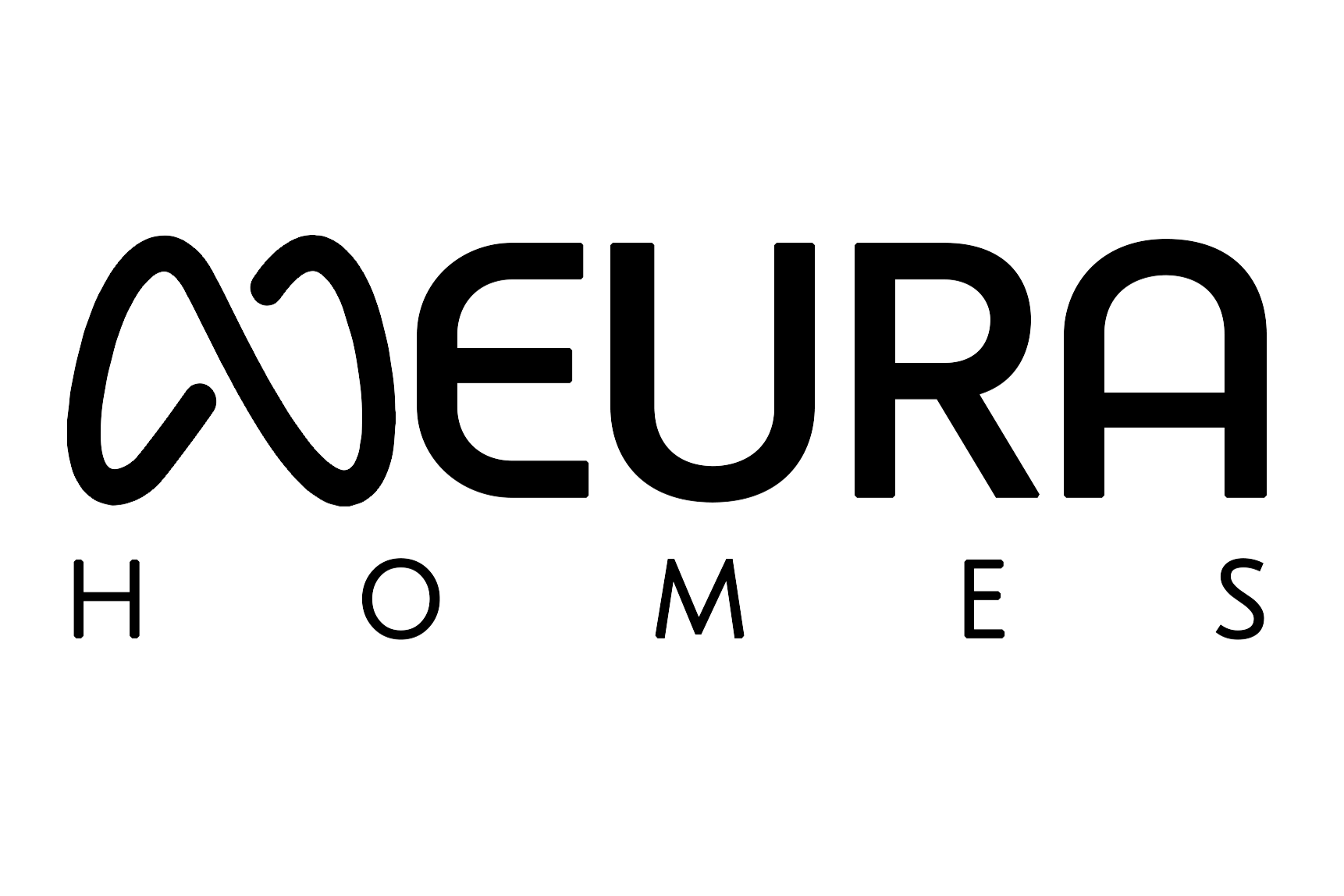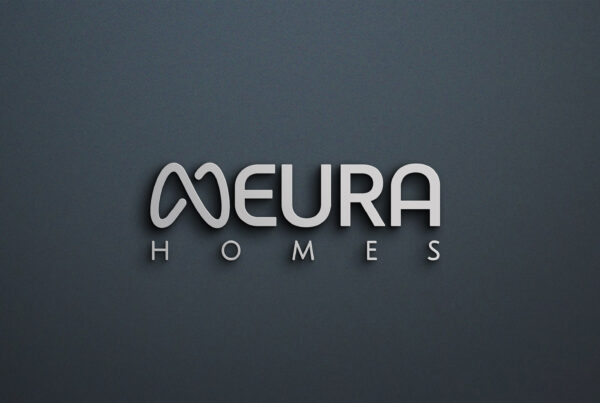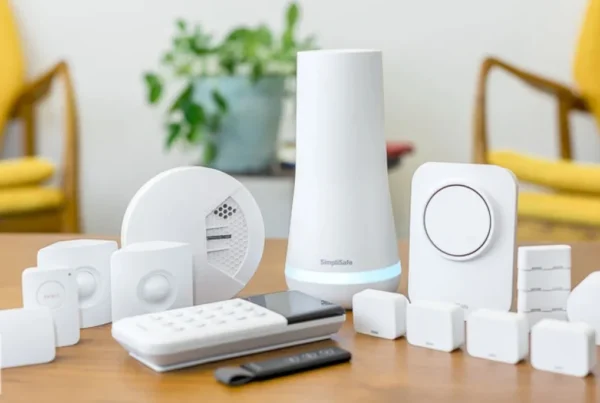In the future, fully voice-controlled smart homes will revolutionize how we interact with technology. Voice control will be the heart of home automation, making everyday tasks like controlling lighting, temperature, and security systems as easy as speaking. NeuraHomes is leading the way in integrating voice-controlled smart homes to offer a seamless and intuitive living experience for homeowners.
1. Seamless Control of Smart Home Devices
In the future, voice control will go beyond basic tasks like turning lights on or adjusting the thermostat. Imagine saying, “Set the mood for movie night,” and automatically dimming the lights, closing the blinds, and starting your favorite streaming service on the TV. With voice-activated smart home systems, devices will communicate with each other, creating an integrated and effortless living experience. NeuraHomes is already enabling this technology to create smarter homes for a more connected and intuitive living.
2. Voice as the Central Hub of Home Automation
In a fully voice-controlled home, the voice assistant will act as the control hub for all home automation systems. Rather than using individual apps or manual controls, homeowners will issue commands such as:
- “Lock all doors and windows” for enhanced security.
- “Turn on the coffee machine at 7 a.m.” for a morning boost.
- “Activate the security system” when leaving the house.
With NeuraHomes, these voice commands will seamlessly integrate with your home’s entire automation network, making it as easy as speaking to your home.
3. Enhancing Accessibility with Voice Control
Voice-controlled smart homes are particularly beneficial for individuals with mobility challenges or disabilities. By simply speaking, users can:
- Control lights, curtains, and appliances without physically interacting with switches or remotes.
- Adjust temperature settings to ensure comfort without manual intervention.
- Monitor security systems by asking for status updates or activating alarms.
This level of accessibility will empower those with physical limitations to live more independently—something NeuraHomes is proud to offer with its smart home solutions.
4. Advanced Security Features with Voice Recognition
Voice recognition technology is not only for convenience but also for enhanced security. In the future, smart homes could use voice biometrics to:
- Grant access to authorized individuals based on voiceprints.
- Authenticate commands for sensitive tasks, such as unlocking doors or withdrawing money from a smart vault.
- Monitor unusual voice patterns to detect possible intruders or unauthorized access attempts.
NeuraHomes is incorporating this advanced voice recognition technology into its home security systems to add another layer of safety for homeowners.
5. The Role of AI in Voice-Controlled Smart Homes
Artificial Intelligence (AI) will be at the core of voice-controlled smart home evolution. By leveraging machine learning algorithms, voice assistants will not only execute commands but also:
- Understand context and anticipate user needs.
- Adapt to family routines, offering personalized recommendations and automations.
- Improve over time, making the system more efficient and intuitive as it learns from user interactions.
At NeuraHomes, AI is used to enhance the personalization of voice-controlled systems, providing families with smarter homes that truly understand their needs.
Conclusion
The future of smart homes lies in fully voice-controlled living—a seamless, hands-free experience where homes respond to natural language commands. With AI, voice recognition, and advanced automation systems, homeowners will enjoy an unprecedented level of convenience, security, and accessibility. NeuraHomes is committed to making this future a reality, creating homes that not only listen but also understand. Contact us today!




